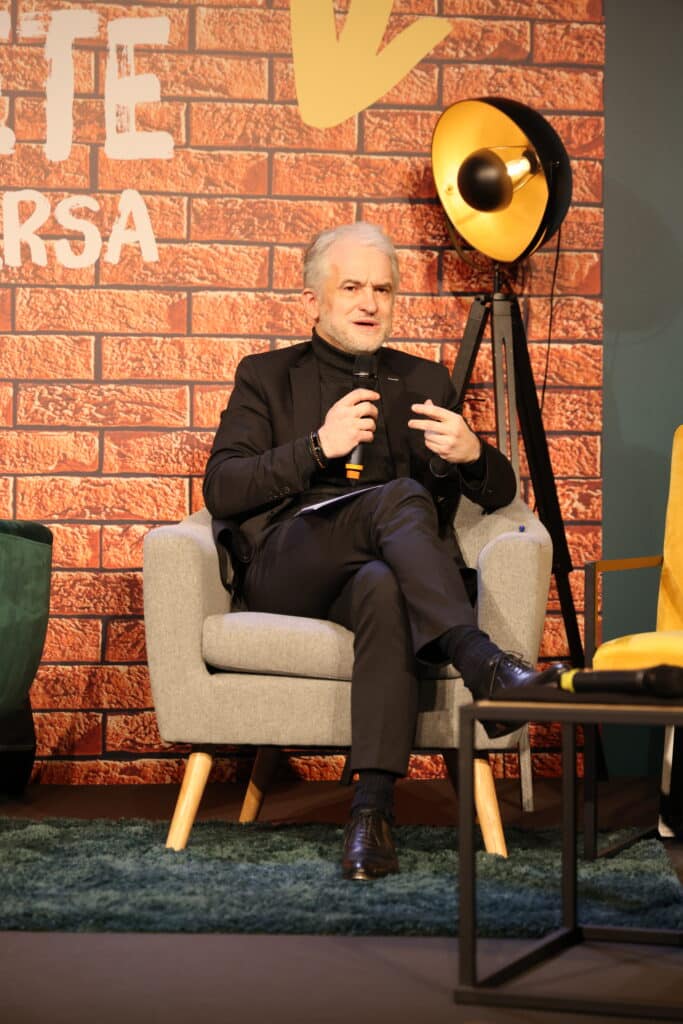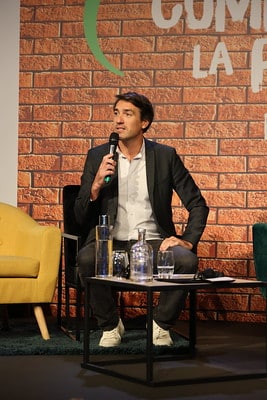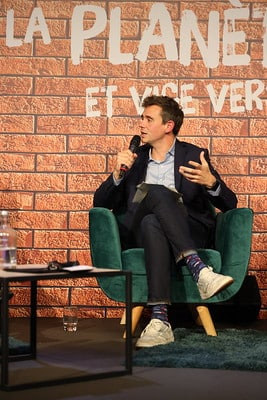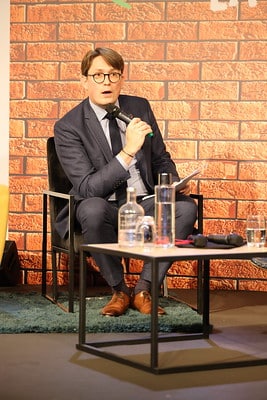In an economy accountable for the current landscape filled with natural disasters, ecosystems in danger and social inequality; CSR and cooperation turn out to be the best path to follow in order to walk away from such a panorama. The testimonies of Paul Ducasse, Suvankar Mishra and Michel Pernot du Breuil confirm such central place of Corporate Social Responsibility. It conceives cooperation from northern to southern regions and creates new ways of functioning more concerned and engaged to confront the current challenges irresponsible economy produces. How do we put those principles into force?
Withdraw from real needs
The global population increases, always more people have to be fed. Agriculture is becoming more and more central and strategic, especially in what we call the South.
Suvankar Mishra is an Indian entrepreneur. He is very aware of this issue as 20% of the world population comes from his country. His theory: the future lies in the hands of small farmers. They are the ones who will feed the next generations. And they need help, they need assistance, they need security. Suvankar Mishra decided to react and invented a tool to help those isolated, often non educated farmers.
In Africa, 60% of the population depends upon agriculture. 35% is suffering from malnutrition. Starting from this point, Michel Pernot du Breuil created an association called SENS (Solidarité Entreprises Nord-Sud). Its mission? Create contact, build cooperation between small,independent, often isolated farmers and bigger corporations. The goal is to ensure nourishing, qualitative foods for the populations as well as substantive incomes for small farmers.
Not only foods are lacking in some african regions but also electricity. And electricity is central to get access to new technologies and improve the ways of life. Within the Pole Medee, Paul Ducasse proposed a program aiming at supporting the installation of electric commodities in various countries of Africa.
Import Northern assistance to the South
A first attempt to make the things move and allow the South increase his capacities is in adapting technologies, methods, machines which proved their efficiency in the Northern countries to the Southern territories.
Hence the project of Paul Ducasse. The goal is to provoke a meeting of northern electric technologies with southern realities. That “cooperation” must create new models and ways of addressing problems, adapted to the needs of southern populations. It should be profitable to the region, and shall not damage the local ecosystem.
On the same continent, Michel Pernot du Breuil’s association (SENS) built a partnership between the Picardie region and Benin. Knowledge from France and more especially from that region is imported in Africa, allowing small producers to get in touch with agricultural methods and administrative procedures. They are formed, they are coached and they are integrated in networks of local entrepreneurs.
Thousands of millions of little farmers are active on the indian soils, they are our future and they need to be as aware as other big producers about the weather conditions and the market’s functioning. They need coaching and security. And that is possible thanks to Shivanka Mishra and his corporation eKutir. Surfing on the wave of the fourth revolution and the era of digitalisation, they created a platform, Bloom, directly inspired by apps such as Uber and specially dedicated to small farmers. It gives them tips and informations but it also collects datas. An aspect particularly interesting for governments or even banqs, which can adapt or rethink their policies to address real, concrete needs.
Generate local possibilities and sustainable development
Elaborating possibilities for southern populations to further continue the job being done and to continue to develop by themselves is just as key as giving assistance. That is why these three companies believe on the importance of education, co-planning, co-producing and co-managing the projects settled. To do so, strong bonds between locals and the companies are established. SENS and Pôle Medee do so by going to the cities they work with a long time in advance to carefully study all the different possibilities, as well as the locals’ opinions, ideas and points of view. When the decisions are taken, a formation process begins with the people. The Bloom app does so by giving useful information to farmers, available at any time. They get to see what seed they can grow, what kind of products they should use on their seeds, and at what price and market they could sell their work. Farmers can therefore be independent. Through such an app, farmers can also contact other farmers.
From those possibilities generated, not only can locals develop themselves but also establish a new type of collaboration: a south-south bonds and links are being created to support fellow locals.
Paula Franco and Servane de Pastre



